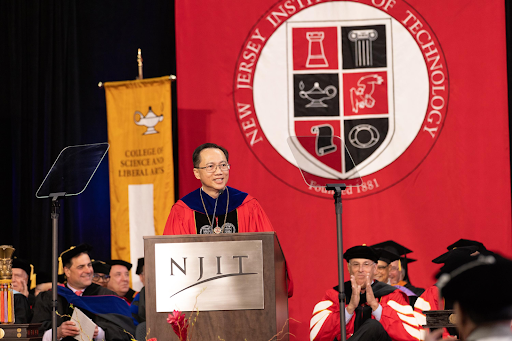Decline of Radio: When Did We Stop Listening?
December 10, 2016
Just a few decades ago, a small box provided entertainment for entire families; people of all ages listened attentively as the radio streamed live programs. In 2016, though, this small box is no match for humans. In order to be entertained today, many people require a complete stimulation of all their senses. An average American can watch television, simultaneously checking Snapchat and eating a bag of chips, yet still feel “bored.” Inherently, the activity of listening to the radio has grown unpopular—after all, it only entertains one sense.
A decreased use of radios alarmingly fosters a lack of imagination: because listening to the radio only caters to one sense, one’s imagination compensates for the others. In this way, the brain is constantly stimulated as it conjures an image of what it cannot see.
Watching a show on television, however, is a rather passive activity because it requires little thought. The transition from the use of radio to television parallels a transition of entertainment centered on imagination to entertainment that spoon-feeds the viewer.
Regarding social dynamics, the disappearance of radio also isolates individuals who lack a common means of receiving information. During the Cold War era, the radio was an invisible blanket that unified America and provided a feeling of warmth to families throughout the country. Many people listened to the same program at the same time, and effectively shared a common source of information.
In today’s society, information is spread throughout a seemingly infinite number of sources. Anthony Lin ‘19 contemplates, “My grandpa watches Fox News and my dad watches CNN… so they both talk about completely different things!” Each source is biased in its own way, and, as a result, each person is influenced in his or her own way. This polarized era is most clearly demonstrated in today’s society, as two people can receive drastically different information from the media about the same world.
Undoubtedly, the diversification of American media is not entirely negative—it is now possible to explore universes of plethoric information and opinion. On the other hand, it doesn’t seem like a bad idea to return to an entertainment source that fosters creativity and unification. Either way, in today’s political climate, we need a source of media that encourages accuracy over sensationalism, and activism over passivity.










Anthony Lin • Dec 19, 2016 at 12:51 am
What an insightful article! I really feel that you capture the essence of imagination in today’s society, Hannah! Wonderful work!